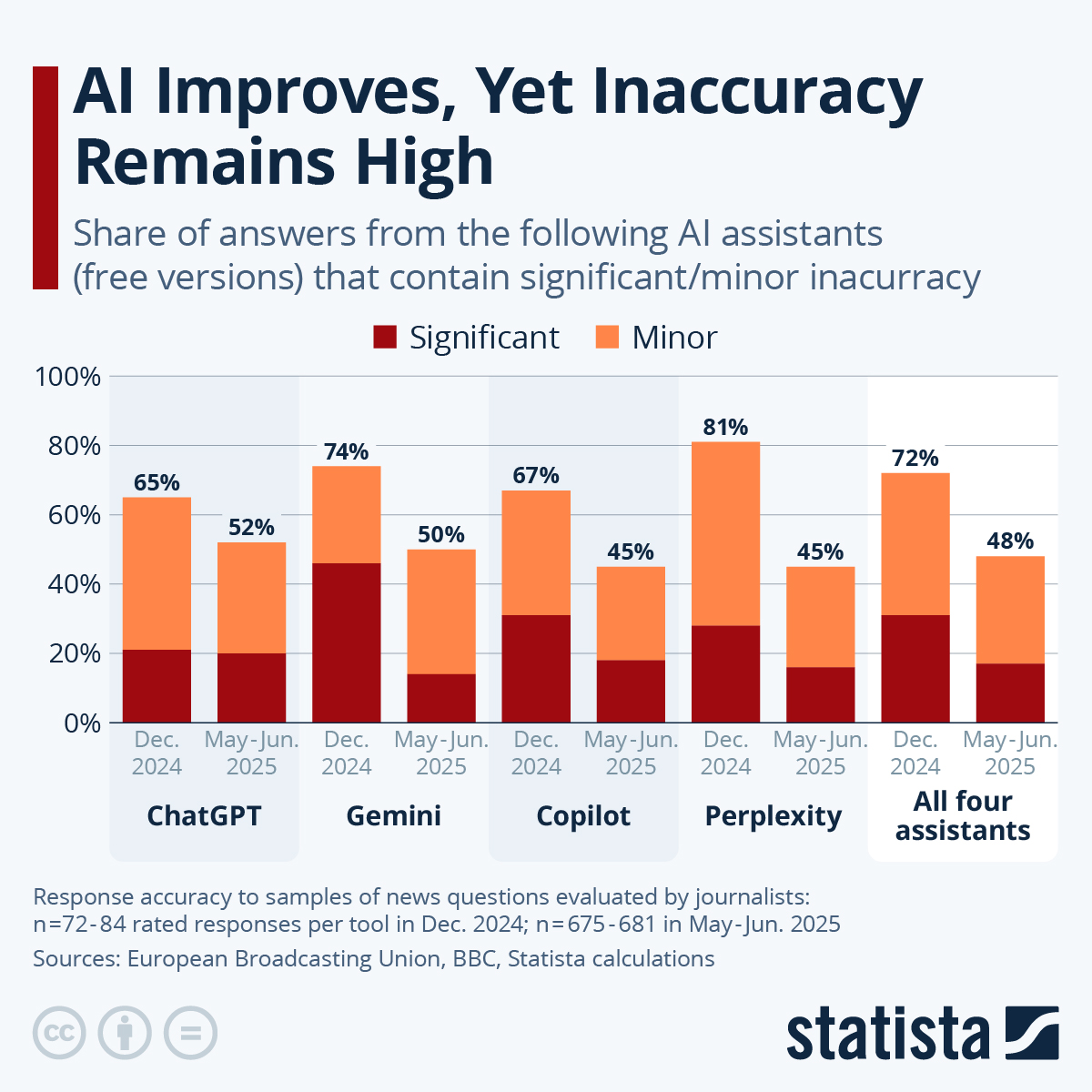This is my homily for today, the Third Sunday of Advent, Cycle A. The day's readings are here.
Before the homily text, a few notes:
1. The day's Gospel reading is thematically appropriate for Advent, with its focuses on John the Baptist and the inbreaking of the kingdom, but in some ways it's a surprising selection, in that it's not from Matthew's infancy narrative. Rather, the incident happens later in Matthew's Gospel: after Jesus not only has been born, but has grown to adulthood and seemingly is well into his public ministry. It's as though the last two weeks' Cycle A Advent Sundays book-end John the Baptist's career, with last Sunday's reading recounting the beginning, and this Sunday's reading recounting the end.
2. Not that I expect anyone to keep track of this, but it's been a few months since I've posted a homily here. That's because, until today, I haven't preached since September. In the 20+ years I've been a deacon, I've preached once per month. But that schedule was interrupted a few months ago. Here is what happened: until September, we had two priests assigned to our parish. Then the associate pastor left, rather unexpectedly. All of his celebrant slots, not only for the weekend masses but also for weekday masses, funerals, etc., have had to be filled by visiting priests. At our parish, the rule for preaching is: if the deacon is scheduled to preach, then the deacon preaches - unless the celebrant is a visiting priest. As a courtesy, visiting priests always are invited to preach. For the last two months, on the weekend that deacons are expected to preach, all of my scheduled masses were with visiting priests, so I haven't preached. (I don't think that was intentional; it was just the luck of the draw that I was with a visiting priest every time.)
In a way, I didn't mind the break - writing a homily takes a lot of time - but I missed it. I've found that the exercise of preparing a homily is very good for me spiritually, because of the reflection and prayer that is required. For me, the prayer isn't so much murmuring Hail Marys (although I'm capable of doing that, especially in desperation of I can't find something to talk about), as 'listening' with an open heart as I reflect on the word of God.
Btw, the parish certainly didn't lose anything by my not preaching for a couple of months: our visiting priests, who are a combination of retired diocesan priests and active priests from a religious order (the Viatorians), all are good homilists. The religious order priests, in particular, seem to preach from a different "place". It's been a blessing to our faith community to have both groups.
3. I gave two different homilies today. The one I'm printing here was the 'adult' homily. At another mass today, I invited the children to come forward and sit on the sanctuary steps, and I did a sort of Q&A homily with them, drawing their thoughts on Advent, preparing for Christmas and rejoicing (as today as Gaudete Sunday). We sang a couple of songs together, too. The kids did a great job. But that kind of a homily, filled with dialogue and music, doensn't really translate to posting to a blog.
At any rate, here is the 'adult' homily for yesterday:
